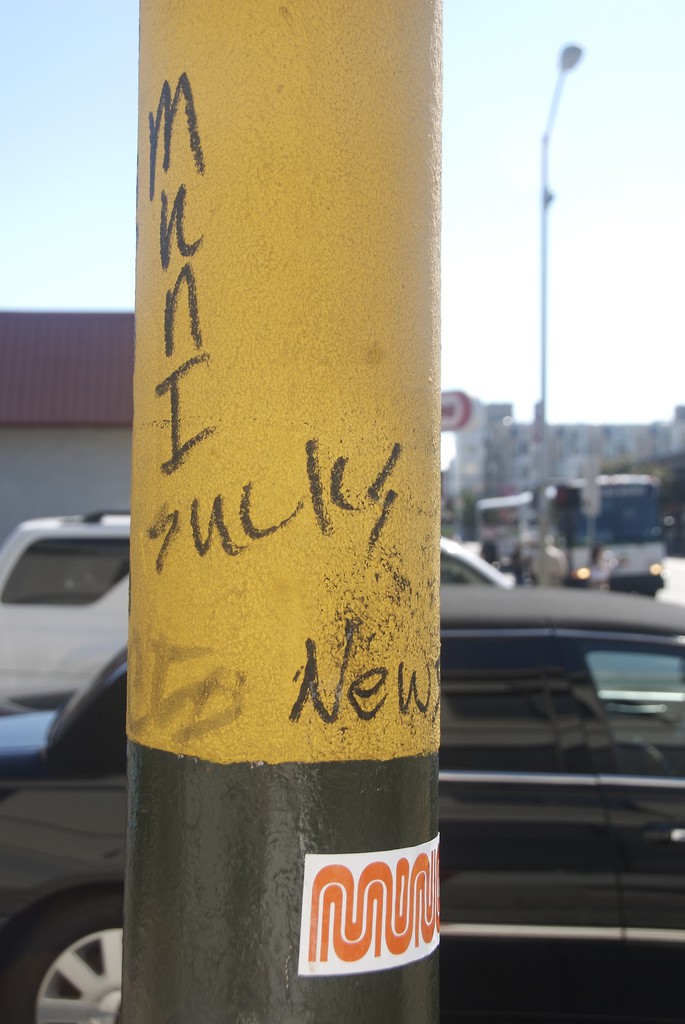The kid who made my chai this morning was a disaster.
It was his first time on the register in the morning, unclear if he had ever made a chai. He couldn’t find the bring-your-own-cup discount on the register, tried to get the cook to make the chai, couldn’t find the nutmeg, put it in a paper cup instead of my mug, etc.
I remember when I worked at a coffee shop, between freshman and softmore year of college. It was a tiny little place in Nevada City that tended more towards the grab’n’go crowd rather than the lounge’n’sippers. I was terrified of screwing up (and I often did). The thing is, the customers see a sign that lists items they can buy, and they expect to be able to buy those exact items, made as specified by the sign. That’s very reasonable. But when you’re new and have maybe never made that item, don’t know that there’s usually a sprinkling of parsley, can’t get the foaming just right – it seems impossible. People are often impatient and condescending; THEY know how this thing is made, why don’t YOU? Again – it’s not unreasonable, but they don’t have the full context of a kitchen with 300 ingredients and various things tucked in corners you’ve never seen.
Why is this story important? Because empathy is key to community management, customer service, and (in my opinion) life.
I believe empathy is imbued at a very early age by the people around you. When I interview, it’s clear some people have this as a core part of their personality and some people find it foreign.
But just because you’re naturally inclined towards empathy doesn’t mean you’ll always have it. Like a natural inclination towards singing or athleticism, practice is required to keep your skills of empathy handy and top-notch.
I frequently hear folks in customer-facing roles – hell, myself included – say that they often don’t have empathy left for the world when they get out of work. They feel pessimistic and mean. It’s understandable; you’ve used a lot of energy being extremely empathetic.
But that doesn’t mean you should only be empathetic at work. If you want to do your best work for your customers, you need to keep this skill sharp. I could have easily been frustrated with my barista this morning, tapping my foot and criticizing and holding back my tip. Instead, I assured him that it was ok, agreed that the register seemed complicated, and gave him a nice tip.
Practice empathy as much as you can, and it’ll come easier when you’re in that tough situation with a customer yelling at you, or a significant other snapping at you.
Photo via Dennis Miyashiro.

